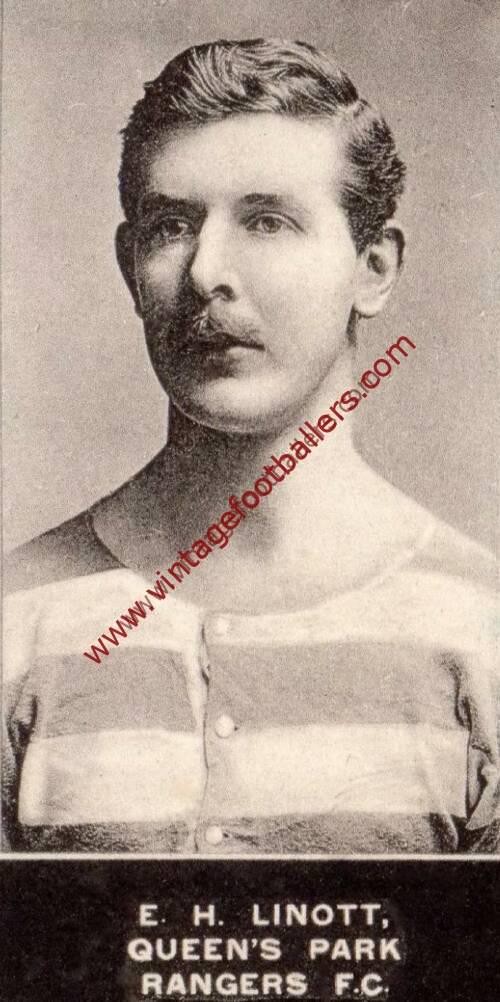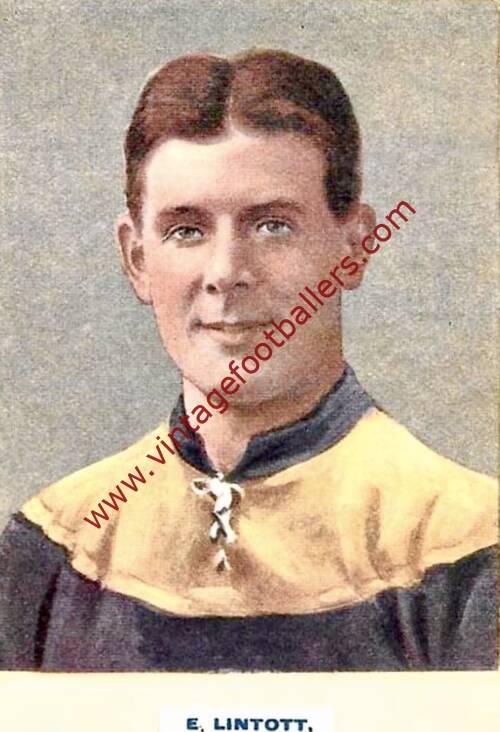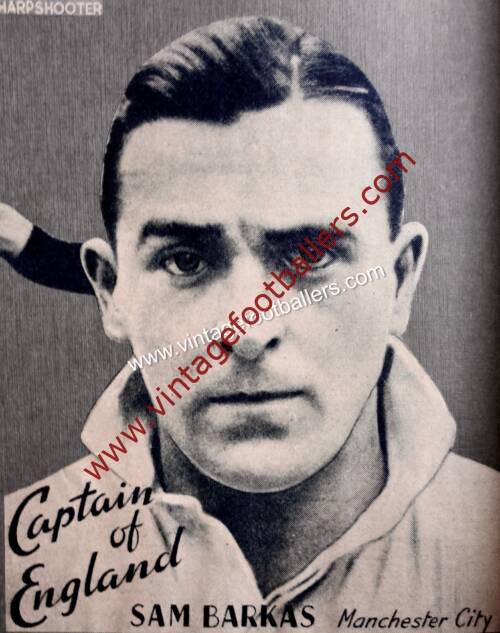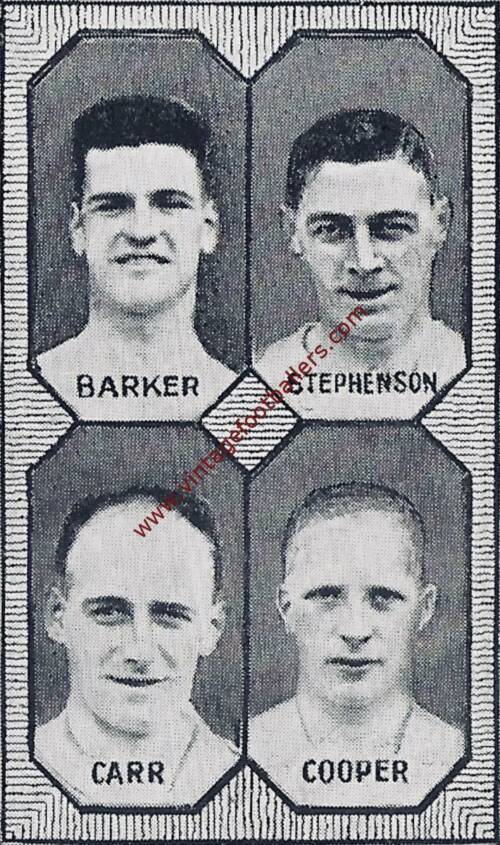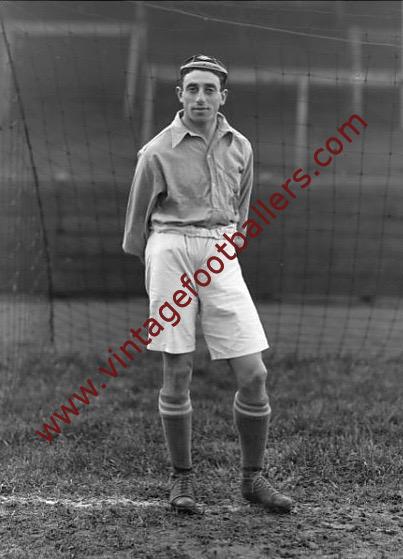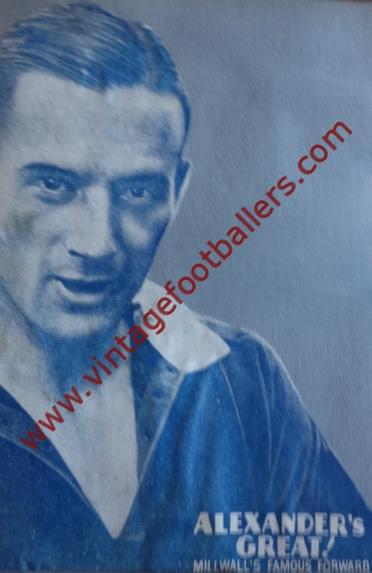Please choose your photo size from the drop down menu below.
If you wish your photo to be framed please select Yes.
Note: 16″x 20″not available in a frame.
Images can also be added to accessories. To order please follow these links
£8.95 – £49.95
Please choose your photo size from the drop down menu below.
If you wish your photo to be framed please select Yes.
Note: 16″x 20″not available in a frame.
Images can also be added to accessories. To order please follow these links
Born in Godalming, Surrey, left half Evelyn Lintott began his football career with Woking in 1902 and also played for the Surrey County side in 1905. Whilst training to be a teacher at St Luke’s College, Exeter, he played for Devon and made two appearances for Plymouth Argyle in October 1906 and January 1907. He then settled in London, where he worked at a school in Willesden and continued to play as an amateur for Southern League Queen’s Park Rangers. He made his debut for the London club against New Brompton on 7th September 1907. During his time at Rangers he helped the club win the Southern League Championship in 1908, playing 31 League games, played in two Charity Shield matches against Manchester United (the original game in April 1908 had ended in a draw at Stamford Bridge and the replay in August ended in a 4-0 win for United) and won five amateur caps for England between December 1907 and April 1908.
In January 1908 he played in an England trial match for The South versus The North in a 4-4 draw, after which Lintott became QPR’s first full international when, after he had turned professional, he played for England against Ireland, Wales and Scotland in the 1908 British Championship. Ivan Sharpe, the footballer and renowned football writer, commented that Lintott “received the England selectors’ verdict on account of his bubbling enthusiasm, enterprise and brilliance.”
In November 1908 he signed for First Division Bradford City for over £1,000, making his Football League debut against Everton the same month. In October 1909, he represented The Football League against The Irish League in an 8-1 victory at Boundary Park, Oldham. Whilst at Bradford City, he won a further four full caps, playing in two of the three matches, against Ireland and Scotland, contributing to England’s victory in the 1909 British Championship and playing twice on the tour of Austria and Hungary, winning two caps against Hungary including an 8-2 victory, but being a reserve against Austria.
Lintott was highly thought of by his fellow players, as was demonstrated in 1910, when he was elected chairman of the players’ union, the PFA. In June 1912, after 2 goals in 57 appearances for The Bantams, he moved to Leeds City under the great Herbert Chapman, scoring once in 45 appearances.
When the First World War broke out, Lintott was one of the first players to sign up, joining the 15th Battalion West Yorkshire Regiment, known as the Leeds Pals. His promotion to Lieutenant made him the first professional footballer to hold a commission. Evelyn Henry Lintott was killed in action on the first morning of the Somme offensive, on 1st July 1916, on the disastrous day when over 19,000 British soldiers fell, aged just 32.
| Weight | N/A |
|---|
